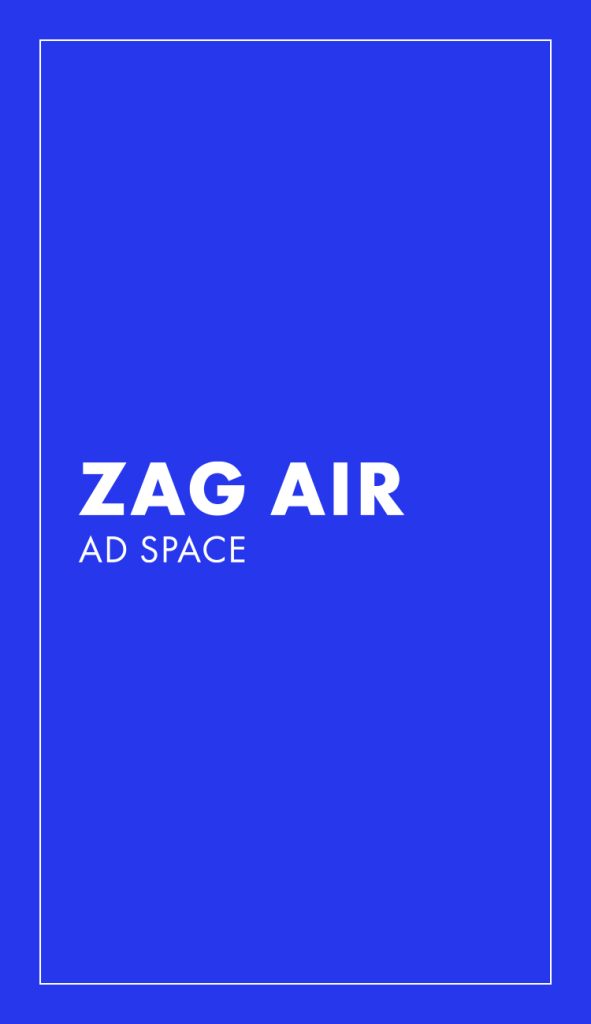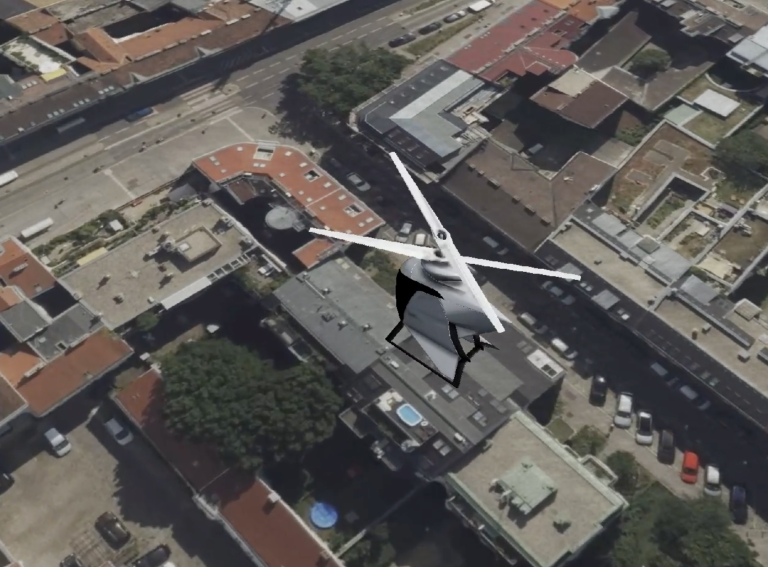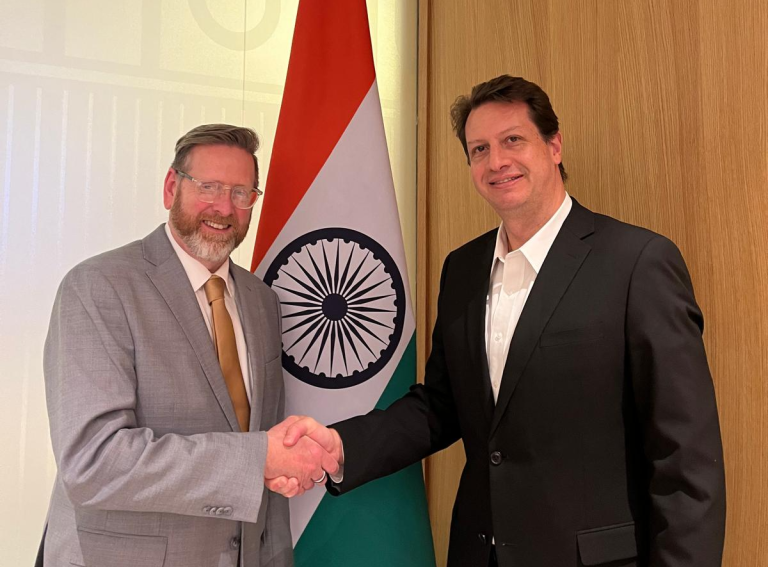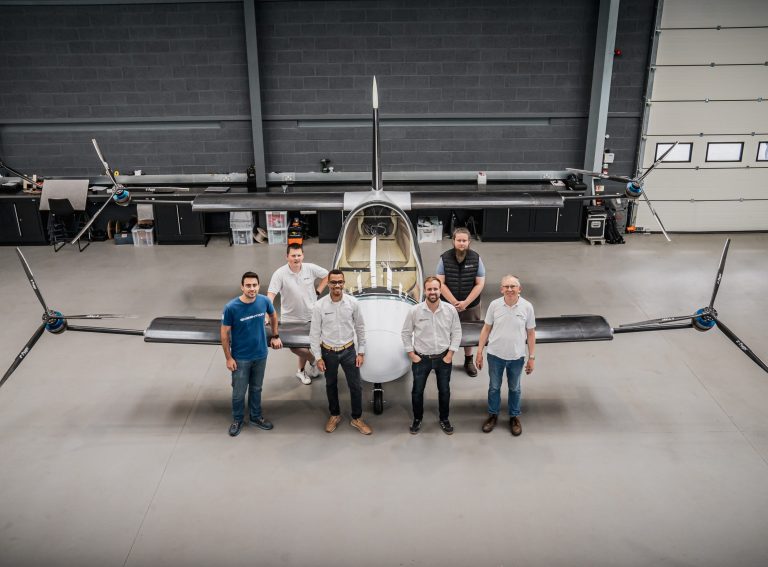The Advanced Air Mobility Institute positions itself as an advocate for the rapidly growing AAM industry. Spearheaded by Dan Sloat, a former U.S. Air Force captain, the institute aims to foster public trust by addressing key issues like safety, cybersecurity and human rights. Established in April 2023, the Advanced Air Mobility institute has over 200 members from 60 nations.
Zag Daily: What is the mission of the Advanced Air Mobility Institute?
Dan: “Our mission is to educate and advocate for the public good in the AAM space. We focus on helping governments, businesses, and the public understand new technologies like eVTOLs and autonomous aircraft, ensuring they are safe and beneficial. A key aspect of our work is fostering public acceptance, which is more complex than just showing safety data—it’s about building trust and understanding the societal impacts of these innovations. It’s more of an art than a science.”
Zag Daily: Public acceptance is a big challenge in the AAM space. How does the AAM Institute address that?
Dan: “Public acceptance is crucial, but it’s also easy for it to fall between the cracks because it’s everyone’s responsibility but no one’s specific job. We focus on educating not just industry insiders but also the general public and government decision-makers. We provide unbiased information on both the potential benefits, like improved mobility and reduced emissions, and the risks, such as cybersecurity concerns. We believe that by fostering honest, transparent conversations about these technologies and their risks, we can help build the trust needed for broad public acceptance.”
Zag Daily: You’ve been building the institute since 2022, but what was the initial motivation for founding it?
Dan: “The original catalyst was actually the need to address potential human rights risks in the AAM space. Before founding the AAM Institute, I served as a captain in the U.S. Air Force, where I managed large fleets of drones. I could see the potential for using these platforms for public good—search and rescue, wildfire suppression, even medical deliveries. After my service, I studied international business and human rights, and I realised that industries, including AAM, could unintentionally violate human rights, such as by facilitating human trafficking. There wasn’t a group focused on looking ahead to these risks, so we founded the AAM Institute to fill that gap”.
Zag daily: It sounds like the institute’s focus has broadened since then. Can you tell us more about that?
Dan: “While identifying potential human rights violations was our initial focus, we quickly realised that promoting the responsible growth of the industry itself was equally important. It doesn’t make sense to address potential abuses in an industry that isn’t viable yet. So, we expanded our scope to include helping the AAM sector grow by educating the public and regulators, ensuring that when these technologies do become widespread, they’re used for good and in a way that aligns with societal goals, like sustainability and public safety.”
Zag Daily: So would you describe yourself as ‘a watchdog for the industry’?
Dan: “It’s an interesting balance. We recognise that the term watchdog can have adversarial connotations but when things go unchecked, it can quickly become a race to the bottom. We want to do our part to help avoid any risk that the advanced mobility sector could be associated with violations. I’ve met many brilliant aerospace engineers and innovators genuinely pushing this forward. Of course, there’s always a risk of opportunists. We wouldn’t describe ourselves as a watchdog at this stage, our focus is in promoting and helping the industry get operational. But our goal is to become one eventually.”
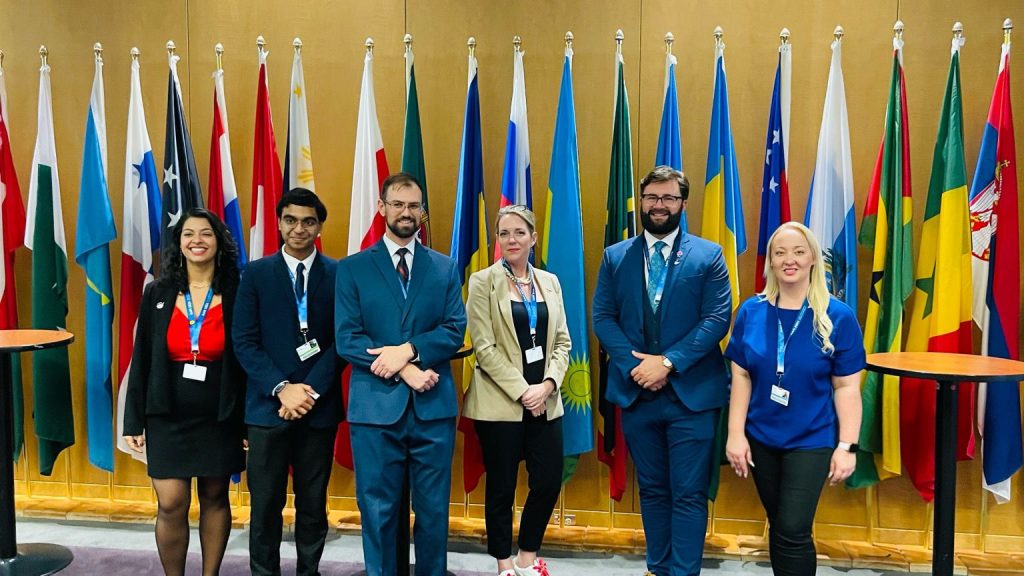
Zag Daily: Could you tell us more about the work you and the Board of Liaisons are involved in?
Dan: “We have a Board of Liaisons representing over 60 countries, and their job is to provide us with real-time insights into public sentiment. The Board meets semi-annually—there’s a winter and summer forum where all those countries come together to discuss industry milestones, trends, and opportunities. It’s also a great chance for broader networking. For instance, if some use case is gaining momentum in one country, we ask why it’s working there and how other countries might adopt it. On the flip side, if something isn’t well received, we try to understand why and share those insights to avoid similar missteps as things roll out elsewhere.
“We also have our Research Council, which encourages young scholars who are studying advanced mobility. You may be surprised to hear there are already PhDs in this space. We aim to provide community and encouragement to these scholars, and connect them with experienced professionals to help them find employment in the industry and share fresh ideas. We also host an annual student showcase in May.”
Zag Daily: What do you think is the biggest milestone the industry has achieved to date?
Dan: “There’s been fantastic progress in Europe and the U.S. regarding the legal and regulatory framework. The FAA reauthorization this summer was a significant step forward in the U.S., and South Korea’s Grand Challenge has been really exciting. They’re embracing a collaborative approach between government, industry, and academia. Unlike the U.S., where industry is often expected to prove the technology first before regulations follow, South Korea is tackling the challenge holistically. They’ve been working together from the start, and last I heard, they should have operations starting before the end of the year.”
Zag Daily: If you had to spotlight someone outside of your organisation who’s making a big impact, who would that be?
Dan: “Mark Moore deserves greater acknowledgment. He was instrumental during the Uber Elevate days, and now the work being done at Whisper Aero is fascinating. The industry often talks about time savings, reduced emissions, and cost savings, but noise reduction is critical to public acceptance. Whisper Aero is directly tackling this challenge, focusing on quiet electric propulsion, which is a huge step forward. Specialised organisations like that—similar to how Rolls-Royce specialises in propulsion—are essential for the industry’s success.”

